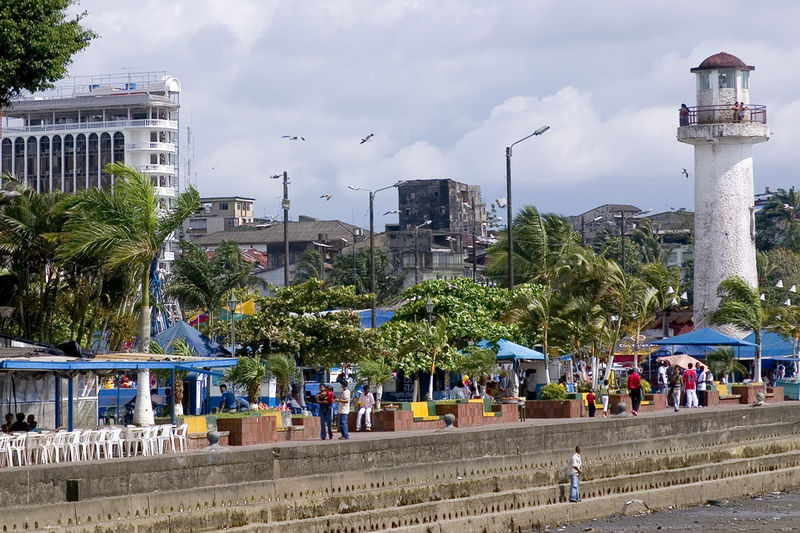There is a dividing line emerging throughout Latin America that is based specifically on economic principle.
Coming out of the Summit of the Americas there were a number of issues that showed clear differences in perspective between the participating nations. The inclusion of Cuba at all future Summits, the questioning of the effectiveness, and even the validity, of the “War on Drugs” — these issues demonstrated basic ideological differences on how the Americas will hope to proceed as a co-operative unit.
On the exclusion of Cuba, Julio Muriente, co-chair of a Puerto Rican independence movement said, “Obama, who proclaimed himself as different from his predecessors in the relations with Cuba, has ended up being the same or even worse, as we have witnessed on the eve of this hemispheric conference.” Puerto Rico, as well, had proponents backing its independent inclusion at the Summit.
On the Drug War, Mexico’s President Felipe Calderon made it quite clear why and how the current strategy is failing. “The economic power and firepower of the criminal organizations operating in Mexico and Latin America come from this endless demand for drugs in the United States,” declared Calderon at the Summit.
Yet, the most dividing issue will come down to one arrangement of priorities: which comes first, profits or people? This simple choice will form the basis for direction of societal development in the Americas for generations to come. Are we equal partners working within one homogenous unit or are the nations of the Americas expected to wheel and deal themselves into profit margin?
ALBA and the Community of Latin American and Caribbean States (CELAC) countries are proponents and examples of the Bolivarian model of societal and community development — a shared vision that combines the strengths of all individual countries within a partnership that aspires to benefit all — this is not a new economic model in theory, but has had to deal with continued interference from the corporate and private sectors, notably, when it has come time for actual on-the-ground implementation. That is all about to change.
On the other side of this line of economic principle lies the Empire and Colony model, its supporters the proponents of individual Free Trade Agreements between the United States, Canada and individual Latin American countries. Instead of creating unity among and self-sufficiency for Latin American nations, this model seeks to make each individual nation dependent on partnership and exchange with the already fully industrialized nations.
Stephen Harper’s goal for Canada at the Summit was to sell this country as an attractive business destination for Latin American partners, based on the FTA model of development — it seems as if the countries of Latin America got a clear impression of what Canada represents, and it will be up to Canada to understand what the countries of Latin America want.
http://www.torontosun.com/2012/04/14/harper-pitches-canadian-trade-to-americas-leaders
http://www.timescolonist.com/news/Division+Cuba+ends+Summit+Americas+frosty+note/6462921/story.html
http://www.bbc.co.uk/news/world-us-canada-17717642
http://www.cbc.ca/news/world/story/2012/04/14/harper-summit-americas.html




